Content by Russ Daly
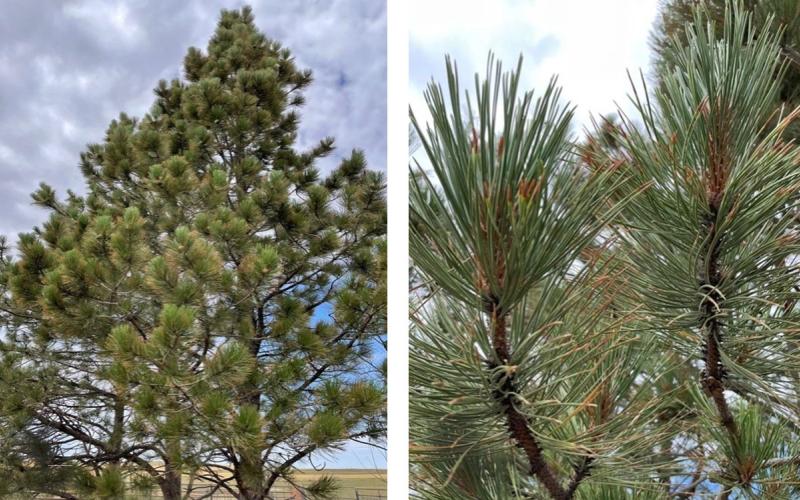
Pine Needles: Another Possible Threat to Beef Cow Pregnancies
For at least the past 50 years, consumption of Ponderosa Pine tree needles (and those from a few other pine tree species) by pregnant cattle has been recognized as a cause of abortions during the last trimester (three months) of gestation.
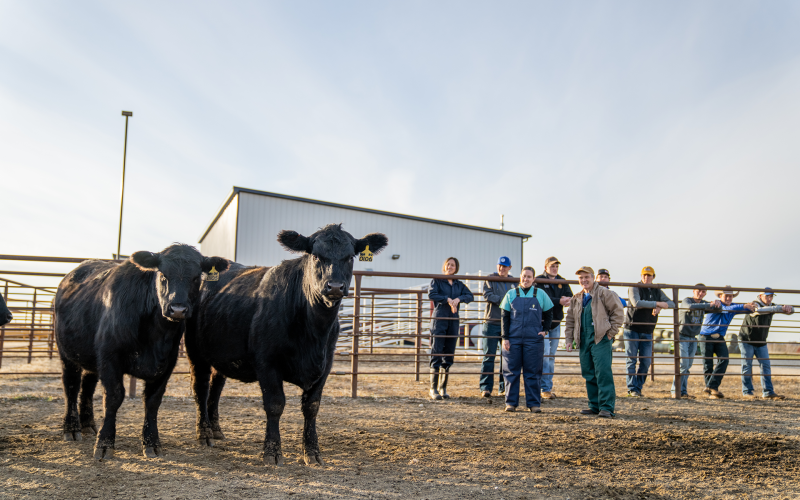
Biosecurity and the Secure Beef Supply Plan Cattle HQ Live
Join SDSU Extension's beef team to gain valuable insights to improve the health, productivity and profitability of your herd. This month, we will discuss the steps needed to prepare operations and how to set up biosecurity plans using the guidance of the SBS Plan in case of a major disease outbreak.
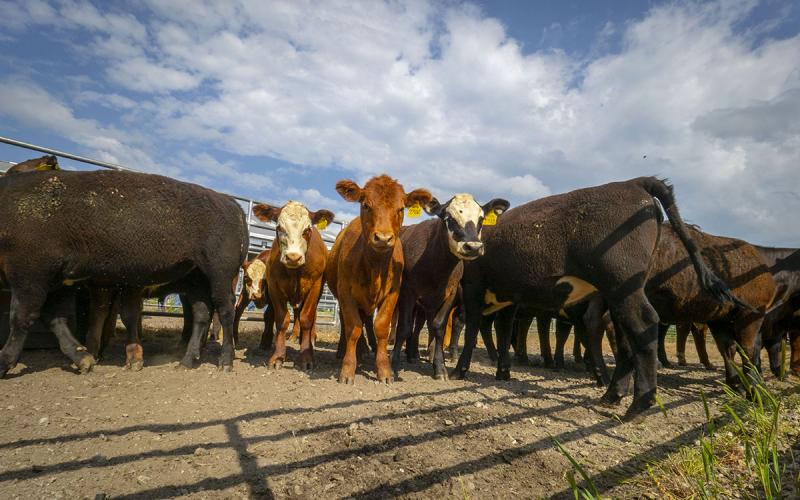
SDSU Extension Beef Team Members Receive Training for the Secure Beef Supply Plan
The Secure Beef Supply Plan provides cattle producers and industry partners with the resources needed for business continuity in case foot and mouth disease infects the United States livestock industry.
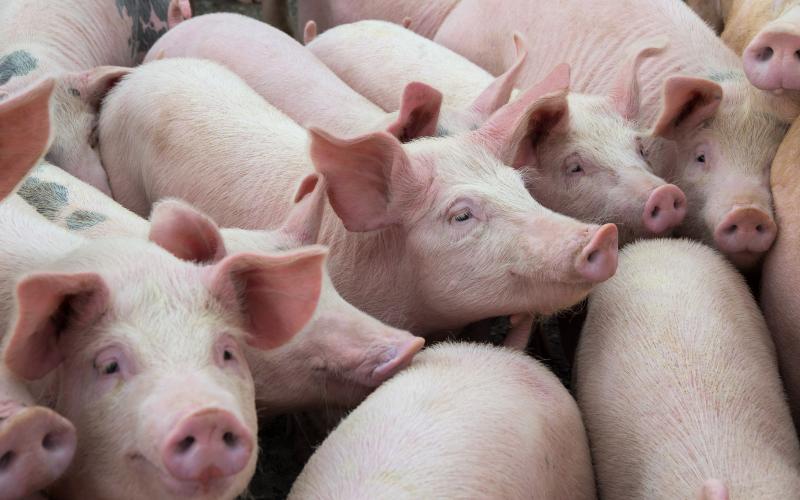
The Healthy Swine Herd Series
Series of publications to keep your swine herd healthy
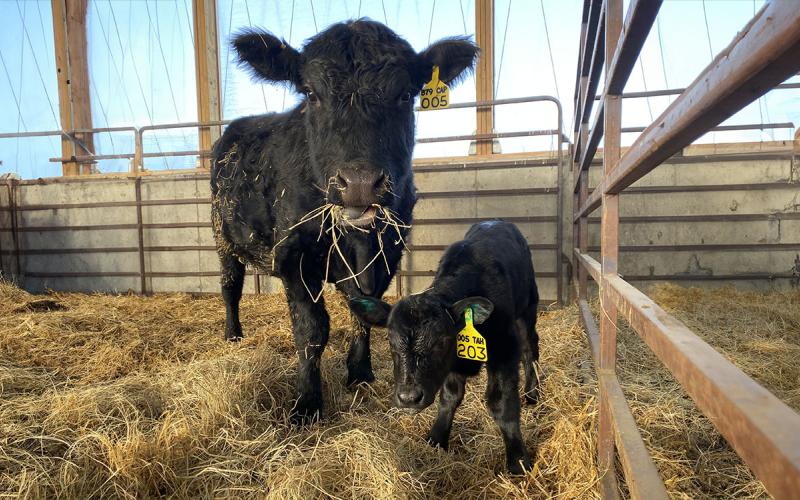
Are Ionophores the Key for Managing Coccidiosis in Calves?
Ionophores are feed additives commonly used in cattle diets to increase feed efficiency and growth.
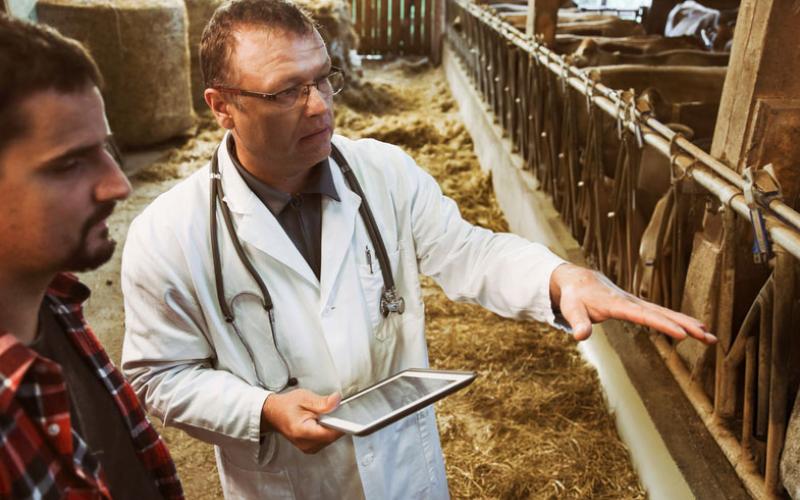
Bangs Vaccine and Talking to Your Veterinarian
As spring arrives, many cattlemen have selected their replacement heifers for breeding and should be considering pre-breeding and brucellosis vaccination in their replacement females as soon as possible to set them up for a successful breeding season.
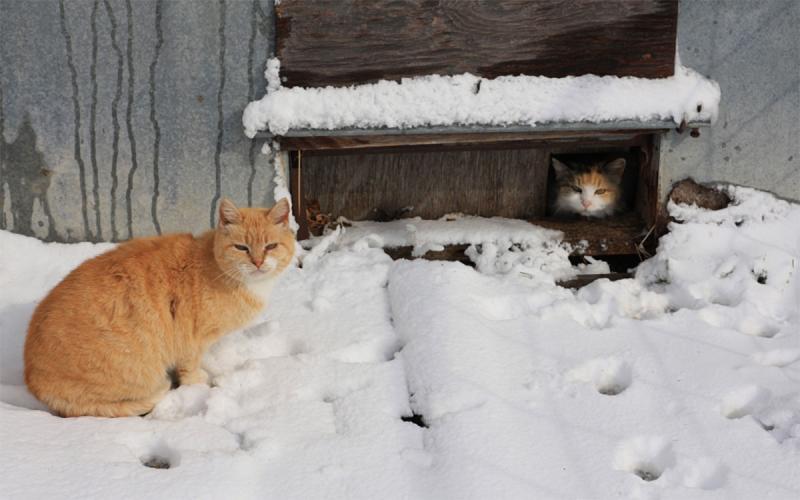
Cat Death Losses Due to Highly Pathogenic Avian Influenza in South Dakota
Veterinarians and laboratory diagnosticians are fielding reports of death losses in cat populations linked to avian influenza infections.
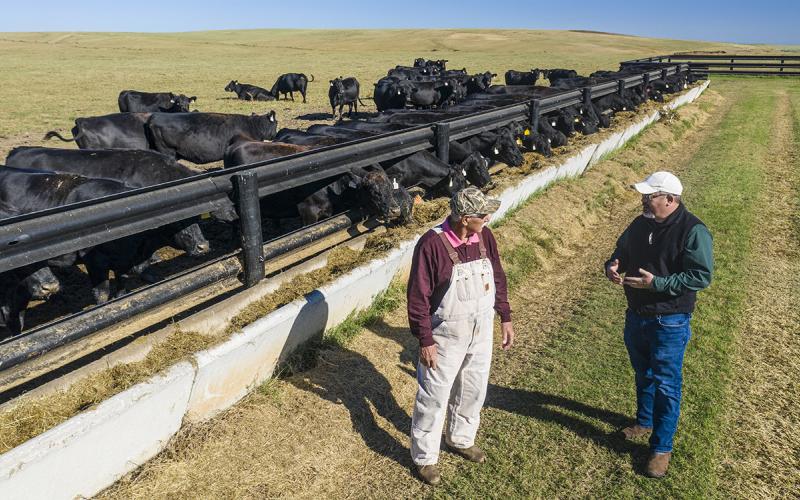
Salt Toxicity: Water Deprivation
Salt toxicity is a result of either a high concentration of salt in a diet or water deprivation. Learn how to recognize its symptoms and work with your veterinarian to prevent it from impacting your animals.
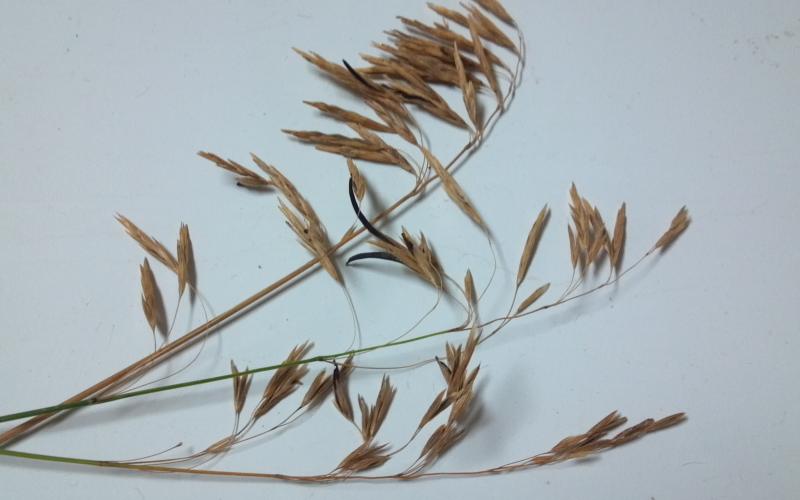
Ergot: A Potential Livestock Poisoning Problem
Cool, damp weather followed by warmer temperatures favors grasses becoming infected with ergot bodies, which can cause a certain kind of poisoning that can affect cattle on pasture.
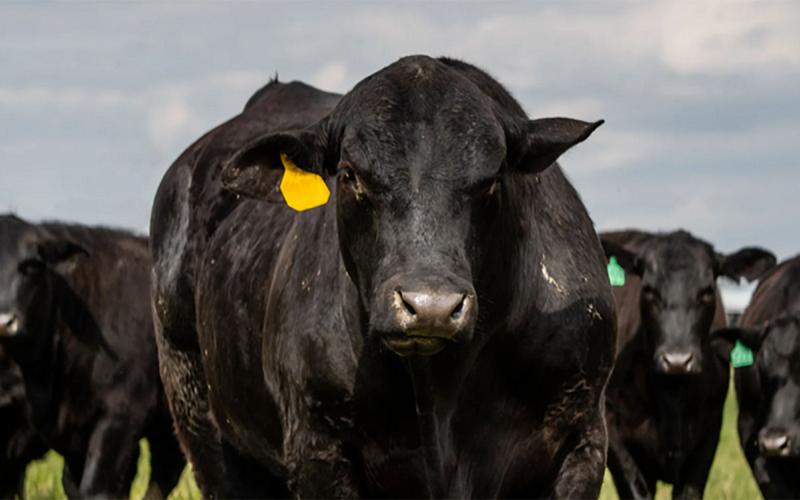
Trichomoniasis: A Tricky Cause of Reproductive Failure in Beef Cattle
Trichomoniasis in cattle is caused by a protozoal organism that lives indefinitely in the sheath of infected bulls. Once transmitted to a cow or heifer, it causes an inflammation in the female reproductive tract that results in the eventual loss of the pregnancy.